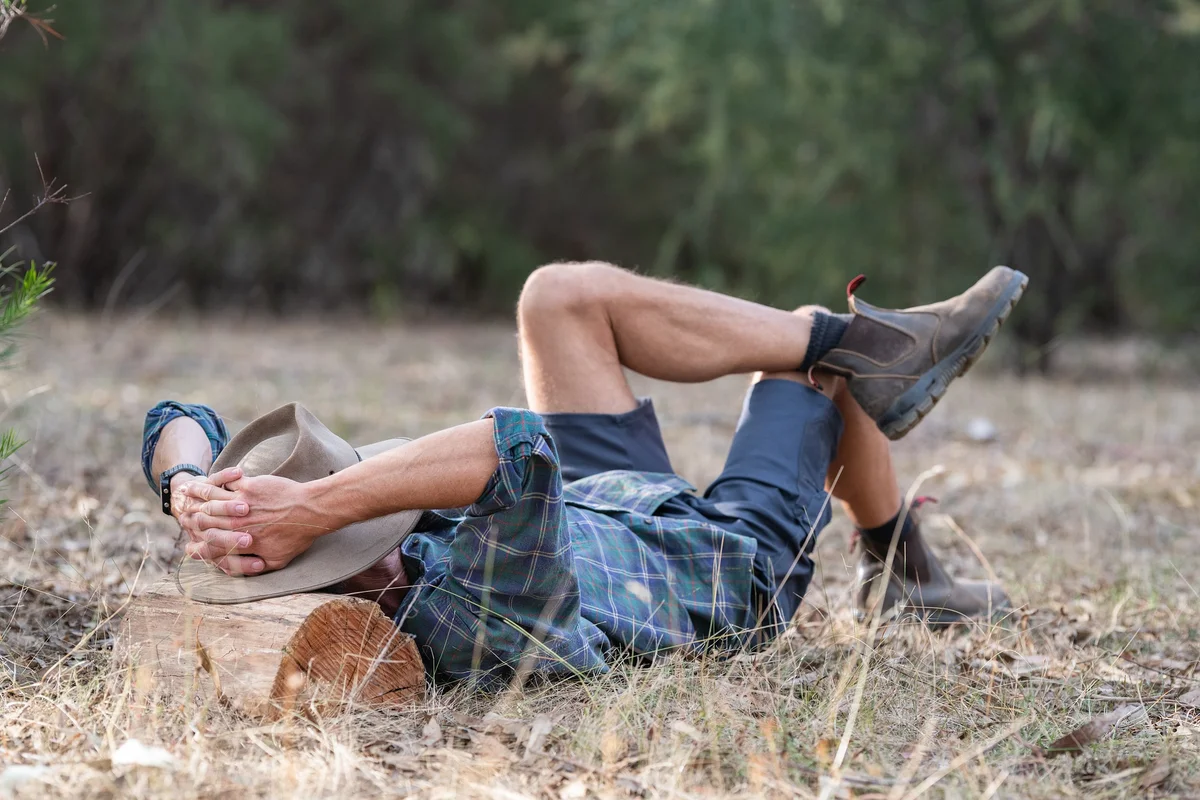For the many who are plagued with Restless Leg Syndrome, restful nights are a thing of the past. RLS is described as an uncontrollable urge to move your legs due to discomfort or – you guessed it, restlessness. While the syndrome is not fully understood and there’s no specific treatment or cure, there are some things that can help manage your condition. Here are a few tips to ease symptoms. With enough mindful application of these lifestyle changes and supplements, you might just find a good night’s rest is right around the corner 🙂
Caffeine intake – watch caffeine consumption, especially nearing the hours that you plan to go to sleep. Ideally cut off caffeine three hours prior to sleep, and do not consume more than 400mg of caffeine daily. Stay aware of sources of caffeine, which is not just found in coffee or energy drinks but also teas, chocolate, and certain over-the-counter medications.
Minerals deficiency – most people are deficient in minerals, notably magnesium, and for some people this deficiency can contribute to RLS. Magnesium is a vital mineral that is one of our best-selling supplements for a reason. Aside from RLS, magnesium deficiency can contribute to fatigue, migraines, and insomnia. A good magnesium supplement can really make a difference for various ailments in your life. For purposes of restless legs, I would recommend using a topical supplement.
Take a hot bath before bed – one of the possible causes of RLS is circulatory issues, which can be helped with a hot bath. Even better, while in the bath, stretch the legs to their max slowly and intentionally while soaking in the water. Add magnesium flakes to your bath for best results.
Stretching + calf bounces – each day, stretch the legs for at least 5 minutes and perform calf bounces for another five. Calf bounces are the act of bouncing up and down on the balls of your feet. Do this barefoot, ideally in the grass or dirt. Adding Fire Cider to your regimen can help tremendously with circulation, and it gives a great boost of energy that’s perfect prior to a workout or a set of calf bounces.
Wear socks to bed – even though this makes a lot of people cringe, there’s often a link between RLS and cold feet (again, we surmise circulatory issues may be to blame here), so wearing socks to bed can help. Keep those legs and feet warm!
There is also a homeopathic medicine which is primarily recommended for overexertion and relief from DOMS (delayed onset of muscle soreness from athletics or strength training), but some people do find this to be helpful for Restless Leg Syndrome.
Most people with RLS are able to manage the problem without the use of pharmaceuticals, but it’s also important to work closely with your doctor and rule out other uncommon causes of RLS. These include low blood sugar, low iron, and other deficiencies in the body. Make sure you’re getting a good amount of nutrients in your daily diet, and supplementing for certain minerals like potassium and magnesium.
Each person’s physiology is different, so just like the cause of any problem, a solution that works for one may not work for all. We wish you health and wellness, through self-experimentation to figure out what works best for you!




